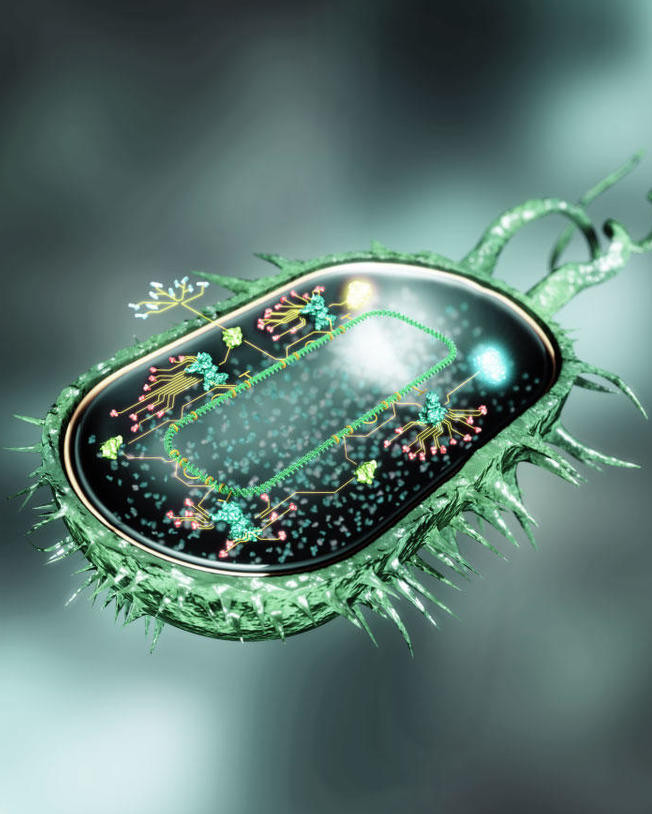ontology_detail |
ontoavida |
OntoAvida: ontology for Avida digital evolution platform |
| title |
label |
url |
Ontoavida HTML Browser |
Human-readable (HTML) |
|
|
|
| email |
github |
label |
orcid |
fortuna@ebd.csic.es |
miguelfortuna |
Miguel A. Fortuna |
0000-0002-8374-1941 |
|
|
OntoAvida develops an integrated vocabulary for the description of the most widely-used computational approach for studying evolution using digital organisms (i.e., self-replicating computer programs that evolve within a user-defined computational environment). |
simulation |
|
|
ONTOAVIDA |
| id |
title |
description |
page |
ontoavida.owl |
OWL |
The main ontology in OWL |
|
|
| id |
title |
description |
page |
ontoavida.obo |
OBO |
Equivalent to ontoavida.owl, in obo format |
|
|
|
| id |
title |
|
Ontology for the Avida digital evolution platform |
|
|
|
digital evolution |
artificial life |
|
|
| description |
examples |
user |
An R package—avidaR—uses OntoAvida to perform complex queries on an RDF database—avidaDB—containing the genomes, transcriptomes, and phenotypes of more than a million digital organisms |
| description |
url |
avidaR: an R library to perform complex queries on an ontology-based database of digital organisms |
|
|
|
|
|
|
active |
